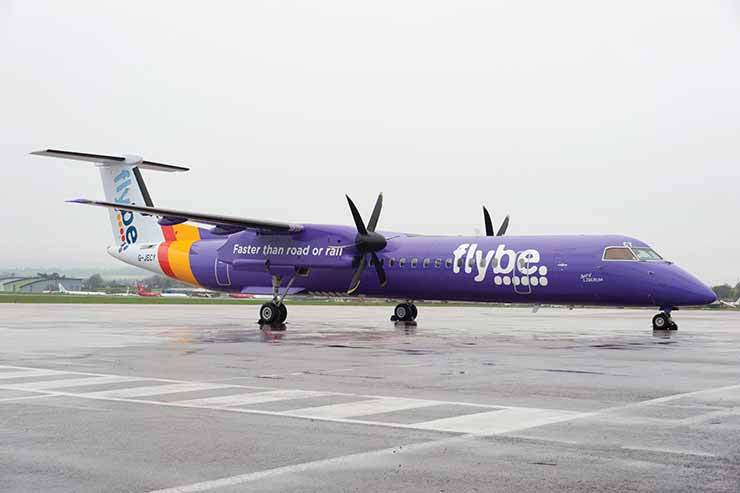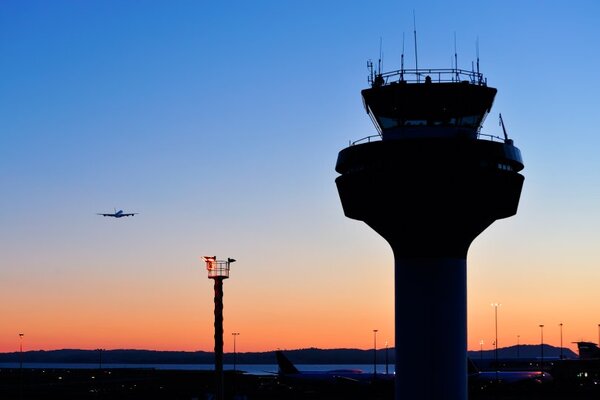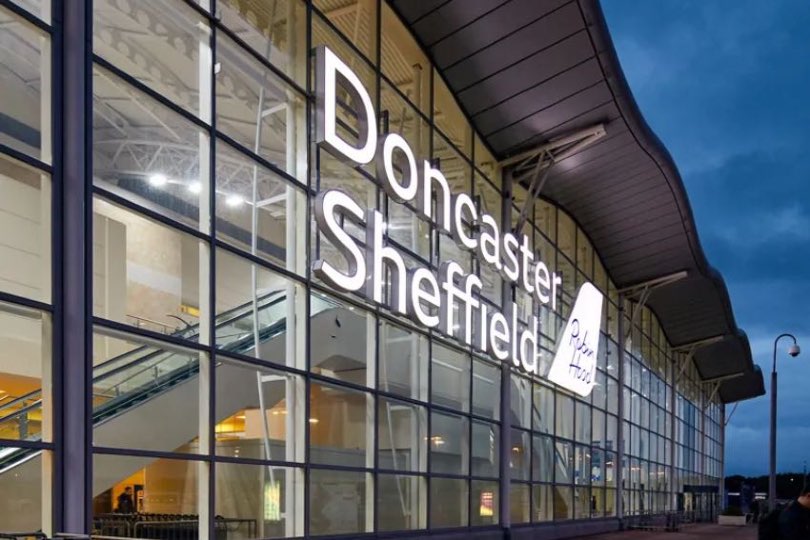Flybe: What happened to Europe's largest regional carrier?
 James Chapple
James ChappleFourteen months ago, Flybe was rescued from the brink of collapse by Virgin Atlantic-led consortium Connect Airways.
With the regional carrier reportedly hours from failure, Virgin, Stobart Aviation and private equity firm Cyrus Capital completed an eventual £2.8 million acquisition of Flybe.
The deal was struck in mid-January 2019, with Virgin holding 30%, Stobart 30% and Cyrus 40%. Connect subsequently pledged to pump £100 million into Flybe and give it a new lease of life.
Connect’s vision was to rebrand Flybe as Virgin Connect, ditch the carrier’s iconic purple branding in favour of Virgin’s customary red livery, and use it as a regional feeder carrier for Virgin Atlantic’s long-haul services out of Heathrow, Gatwick and Manchester.
Virgin Atlantic chief executive Shai Weiss told TTG in April that while the plan appeared broadly similar to Virgin’s ultimately doomed 2013-2015 Little Red operation, launching, operating and shutting Little Red “did not mean the idea wasn’t right”.
“People ask what the difference will be with Flybe,” he said at the time. “My cheeky answer is 8.5 million passengers. Flybe is an established network, with load factors of 80% and slots at Heathrow. It’s something we contemplated with BMI, tried with Little Red, and I believe will ultimately be very successful with Flybe.”
Virgin firmed up its plans to overhaul Flybe first in July, with the appointment of Mark Anderson as chief executive, and again in October, when it confirmed Flybe would be rebranded under the Virgin banner.
Flybe was forced to address rumours last October it was preparing to ditch all its domestic routes to “deliver a more responsible flying programme”, flatly denying any such plans and pledging to use the “right aircraft” and operate an “optimised regional network”.
The cracks, though, started appearing in January 2020 when Flybe reportedly approached the government for additional funding.
Days later, it was reported then-chancellor Sajid Javid was examining a proposal to cut Air Passenger Duty on all domestic flights, effectively handing Flybe a tax break. It was further reported the airline had sought additional time to pay a portion of its APD obligation.
A deal was agreed the following day which, according to Sky News, involved some deferral of Flybe’s APD bill and additional investment from Connect. It was also suggested the March budget would include a review of APD and potential further state backing for Flybe.
The deal was hailed by pilots union Balpa, with general secretary Brian Strutton praising the government for “stepping up to the plate to help one of the few remaining independent UK airlines – and a vital one at that”.
However, the proposals attracted criticism from rival carriers, who threatened legal action, and in late-January, the government reportedly drafted in turnaround experts Alvarez & Marsal to advise on Flybe.
Its troubles, though, came to a head on Wednesday (4 March) with the Financial Times reporting the government had pulled its plans to offer Flybe a £100 million loan after the coronavirus crisis dramatically impacted demand for Flybe flights.
It collapsed during the early hours of Thursday morning (5 March), with chief executive Mark Anderson stating the coronavirus outbreak had “compounded” Flybe’s existing financial troubles.
Sign up for weekday travel news and analysis straight to your inbox

James Chapple
Supplier Directory
Find contacts for 260+ travel suppliers. Type name, company or destination.















